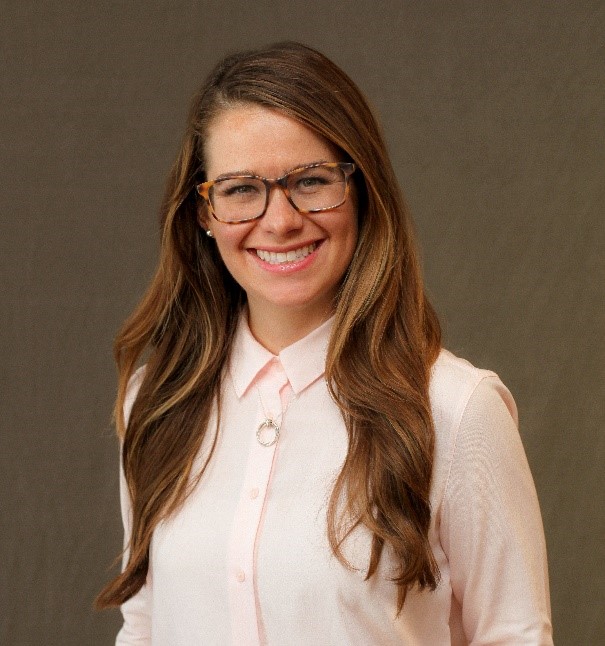
I am Alison Hernandez, PhD, RN-BC. I am a bi-lingual and bi-cultural (Mexica- American) medical surgical board certified registered nurse. I have my PhD in nursing from the University of Illinois at Chicago where I was part of the Robert Wood Johnson – Future of Nursing Scholar; a program that helps propel nurses through their doctoral degree. I am trained as a bio-behavioral health researcher and have a broad interest in older adult health and longevity. Currently, I am a Disability Policy Postdoctoral Research Fellow at Northwestern University’s Center for Education in Health Sciences. I chose the Disability Policy Research Fellowship because I want to learn how to effectively influence policy trough my research. My long-term research interests are to explore the use of integrative health approaches (e.g. exercise, nutrition, positive psychology) to foster health promotion and disease prevention in older adults. Specifically, I am interesting in understanding how the prescription of exercise, nutrition and interventions that focus on psychological well-being can help ameliorate age related physical (metabolic, cardiovascular, cognitive) and mental changes (anxiety, depression, stress, loneliness, and quality of life). My current research is on examining how different types of physical activity can increase subjective well-being (i.e. happiness, joy, satisfaction) in older adults. Improved subjective well-being is linked to longevity, and improved quality of life and is associated with improved health outcomes. Recently, I received the Federation of American Societies for Experimental Biology (FASEB) DREAM travel award (supported by the National Institute of General Medical Sciences) to attend the American College of Sports Medicine annual research meeting and present my research. FASEB is committed to support diversity in research and education in the biological sciences. Nurses go beyond the bedside, and lead research efforts that improve outcomes. My interest in STEM is rooted in my clinical career as a nurse, and desire to promote evidence based interventions to help older adults live long quality lives.

